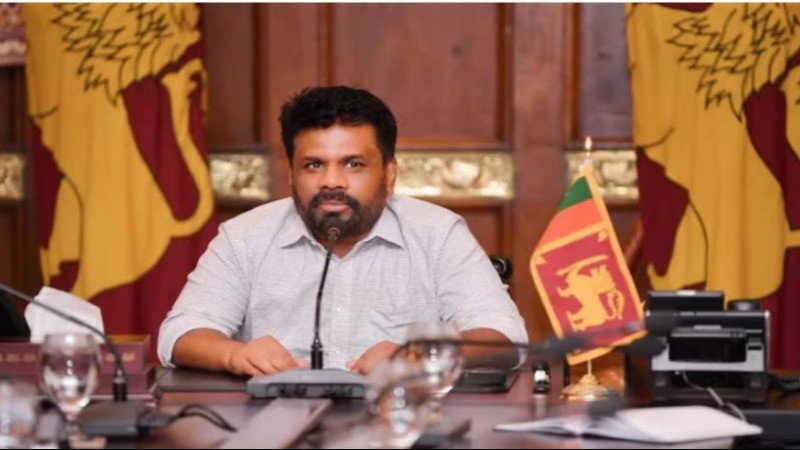
Anura Kumara Dissanayake, leader of Sri Lanka’s leftist coalition, the National People's Power (NPP), has emerged victorious in the country's snap legislative elections. His win signals a strong rejection of the establishment parties, which have faced criticism for their role in triggering Sri Lanka’s ongoing economic crisis. Voters rallied behind Dissanayake’s anti-corruption stance and his commitment to recovering assets lost to corruption.
The election results, announced on Friday, showed overwhelming support for the NPP. The party secured at least 123 of the 225 seats in parliament, with early vote counts giving them a substantial 62 percent of the national vote. In comparison, the opposition led by Sajith Premadasa garnered just 18 percent. Dissanayake, who has called for swift parliamentary elections to consolidate support for his reforms, appears to be on track to further expand his party's reach.
A Glimpse into Dissanayake's Background
Anura Kumara Dissanayake was born on November 24, 1968, in Thambuththegama, Sri Lanka, into a working-class family. His father was a labourer, and his mother was a housewife. During his school years, Dissanayake joined the Janatha Vimukthi Peramuna (JVP), a Marxist political party, and was the first student at his college selected for university admission.
He began his higher education at the University of Peradeniya but had to leave due to threats during the political unrest of the 1987-1989 JVP insurrection. Later, he completed his degree in physical science from the University of Kelaniya in 1995.
Dissanayake’s political career advanced quickly. By 1995, he became the National Organiser for the Socialist Students Association and joined the JVP's Central Working Committee. He was appointed to the JVP's Politburo in 1998, a significant milestone as the party was re-entering mainstream politics, initially supporting President Chandrika Kumaratunga before becoming critical of her government.
In 2004, Dissanayake was appointed as a cabinet minister in the Kumaratunga administration, overseeing agriculture, livestock, land, and irrigation portfolios. However, he and other JVP ministers resigned the following year to protest a joint agreement between the government and the LTTE for tsunami relief coordination.
Dissanayake became the JVP's leader in 2014, succeeding Somawansa Amarasinghe. In the 2019 presidential elections, he placed third with 3 percent of the vote. His political journey took a significant turn in 2024, when he led the National People's Power (NPP) coalition to victory. In the first round of voting, he secured 42.31 percent, and in the second round, his support surged to 55.89 percent, ultimately making him Sri Lanka's new president.
A New Era in Sri Lanka's Politics
Dissanayake took office as president on September 23, marking a historic moment as the country’s first president from a third party. Known for his Marxist views, Dissanayake has been a fierce critic of Sri Lanka's economic policies, particularly those he believes harm the working class. He strongly opposed the IMF’s conditions for a $2.9 billion bailout, arguing for renegotiated terms, tax reductions like the Pay-As-You-Earn tax, and the removal of VAT on essential goods. His presidency marks the beginning of a new chapter in Sri Lanka's political landscape.